
The ugly side of the 'beautiful game'
Jon Carter
The ugly side of football has already been revealed by the BBC's corruption reportage in recent weeks and as if the game needed any more fuel adding to the fire, Didier Zokora's impression of a dying swan to win a penalty against Portsmouth has re-opened the debate over 'diving' as well.
We've known for a long time that footballers are not averse to trying to con the referee. Nothing new there. But it's surely now a case of straws and camels, enough is enough. Something needs to be done about it.
While the most blatant divers in the Premiership are getting somewhat of a reputation, and are under close scrutiny, simulation persists. The problem it seems, is that there is no retrospective punishment available for cheats.
A diver can be punished on-field with the award of a yellow card and rightly so. But if the ruse pays off and the referee is conned into giving the decision, there is nothing that can be done.
The clubs' blind loyalty to their players ensures that no internal action is taken against the culprits. Martin Jol's defence of Zokora is typical of the majority of managers.
'He assured me that he didn't dive', said the Tottenham boss. 'He said he was off-balance and fell down when Pedro Mendes challenged him. I believe he was off-balance because I know this player and I have to believe what he says.'
No surprise there, a manager has no choice but to back his players. But the authorities have no such loyalty to keep. Why is it then that a ban can be issued retrospectively for Ben Thatcher's forearm smash on Mendes but not Zokora's deception?
Ok one event was far more serious than the other one and I'm not suggesting that a diving should carry the same length ban as violent conduct, but surely these kinds of incidents should all be grouped in the same category. Cheating.
Once a player is found guilty of bad sportsmanship, you take the kind of offence, be it violent conduct, simulation, card waving or verbal abuse and issue the relevant action. Football's dark side does not just include the divers, unfortunately there's a whole host of actions that are not in the spirit of the game and have been allowed to creep into it over the past decade.
One cannot imagine, for example, the likes of Gary Lineker, Stuart Pearce or Tony Adams writhing around in agony only to bounce up again after the award of free-kick.
Recently UEFA have tried to clamp down on certain areas of the game. Imaginary card waving is now to be punished with a yellow card for the offender.
Crowding around the referee has also been dealt with. Now at least one accomplice will get booked as well as the initiator. Granted it has taken 6 years since the infamous Roy Keane/Andy D'Urso incident at Old Trafford in 1999 for something to be done, but at least it's a step in the right direction.
UEFA have also taken a stance on dissent - carding a player for any verbal abuse against the referee. They'll never be able to give the referee a live microphone feed as they do in rugby, but if it limits the abuse that officials have to suffer every week then it's certainly a positive move.
Even time wasting has had the once-over. FIFA have stepped in by ruling that players who prevent an opponent taking a throw-in, free kick, corner kick, or delay the restart after a goal is scored, will be booked. In theory this will act to speed up the game, but the reality is that referees still take a lenient stance unless the offence is obvious to the point of stupidity.
So why are the authorities so against trying to stamp out diving in football? They've done reasonably well in targeting the other murky areas of the game, why not diving? The reason given is that FIFA class diving as 'a discretionary decision' and this doesn't fall under their policy of only reviewing 'obviously incorrect decisions'.
So the red card that should have been given to Ben Thatcher against Portsmouth can be issued retrospectively, plus a ban for violent conduct; but because the referee made a choice to give the penalty rather than book Zokora for diving, the player cannot be punished after the game.
Poor old Mendes. Not only was he on the wrong end of Ben Thatcher's elbow, he was also on the wrong end of Chris Foy's penalty decision against Tottenham. Portsmouth manager Harry Redknapp vented his anger, saying: 'Why can't the fourth official, who is wired up to the referee, have a monitor by the side of the pitch and tell the ref what really happened? The boy dived and the penalty has cost us dear. People say diving has become too frequent but it has always happened. Surely we should use the technology to stamp it out and put things right.'
Easy to say in hindsight and when your team has lost, but the calls for technology cannot be ignored anymore. A fourth official with a video monitor would have sorted that decision out in 10 seconds. No penalty, book Zokora and Portsmouth don't end up losing the game 2-1.
If the same player is found to be constantly diving, as Didier Drogba was accused last season, then a longer ban, maybe a fine, should be introduced for 'bringing the game into disrepute'.
Fair play to Drogba, who has since cleaned up his act. There is no room in football for the type of player who constantly tries to con the referee.
Perhaps a 'three-strikes' policy could be implemented across the board. Found guilty of diving three times and you get a three match ban. Found guilty of violent conduct three times and you're banned for three months. And so on&
This wouldn't take the authority away from the referee, who would still be well within his rights to send off a player for use of an elbow, or book a player for simulation; but would simply act as a deterrent for those who think they can get away with it.
Television replays would help the referee and would not undermine their authority. If the ref gets it right then there's no need to use technology, and if a decision needs correcting then it can be. Referees are only human after all.
Cheating has been part of the game for so long now that there seems to be a general acceptance of it. Mendes knew he hadn't touched Zokora, but rather than risk getting sent off for dissent he was forced to accept the decision. An innocent was punished and the guilty got off scot free, even picking up the Man of the Match award.
If football is so keen to clean up its image, they could start with what happens on the pitch. What better place to begin?
0 Fancy Pitting Your Footballing Knowledge Against Mine?



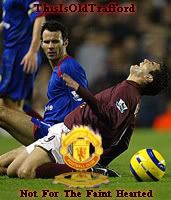
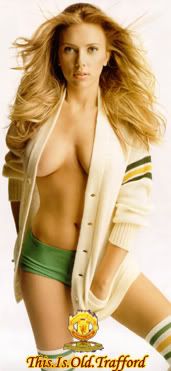
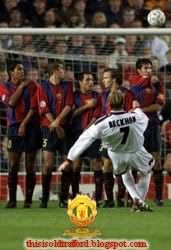
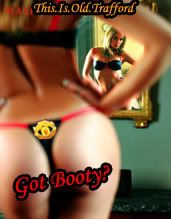
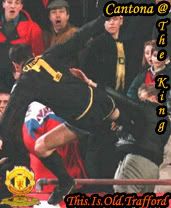

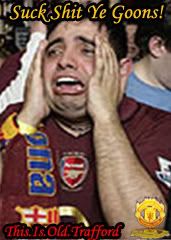
About This Blog
This.Is.Old.Trafford's First Ever Post
This.Is.Old.Trafford Classics
Cybersex Gone Horribly Wrong (Part 1)
What A Man Would Do If He Had A Vagina For 1 Day
This.Is.Old.Trafford Archives
2005-09-25
2005-10-02
2005-10-09
2005-10-16
2005-10-23
2005-10-30
2005-11-06
2005-11-13
2005-11-20
2005-11-27
2005-12-04
2005-12-11
2005-12-18
2005-12-25
2006-01-01
2006-01-08
2006-01-15
2006-01-22
2006-02-05
2006-02-19
2006-02-26
2006-03-05
2006-03-12
2006-03-19
2006-03-26
2006-04-02
2006-04-09
2006-04-16
2006-04-23
2006-04-30
2006-05-07
2006-05-14
2006-05-21
2006-05-28
2006-06-04
2006-06-11
2006-06-18
2006-06-25
2006-07-02
2006-07-09
2006-07-16
2006-07-30
2006-08-06
2006-08-13
2006-08-20
2006-08-27
2006-09-03
2006-09-10
2006-09-17
2006-09-24
2006-10-01
2006-10-08
2006-10-15
2006-10-22
2006-10-29
2006-11-05
2006-11-12
2006-11-19
2006-11-26
2006-12-03
2006-12-10
2006-12-17
2006-12-24
2006-12-31
2007-01-21
2007-01-28
2007-02-04
2007-03-04
2007-03-18
2007-04-08
2007-04-15
2007-04-22
2007-04-29
2007-05-06
2007-05-13
2007-10-07
This.Is.Old.Trafford Fanclub
This.Is.Old.Trafford Shoutbox

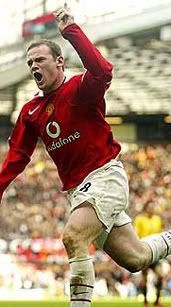
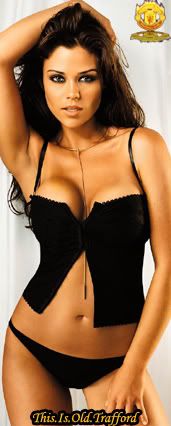

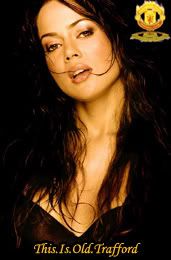
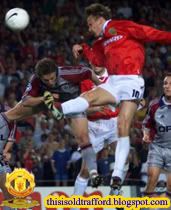

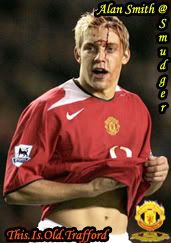

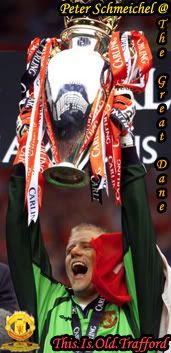

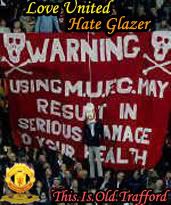
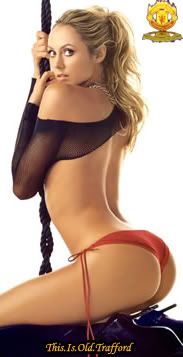

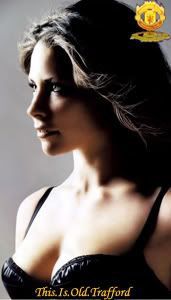


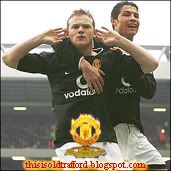
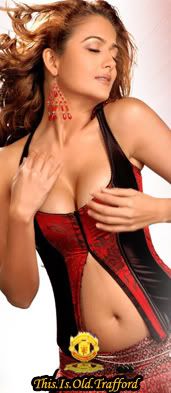
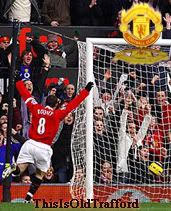






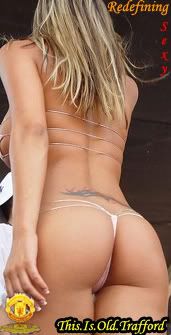


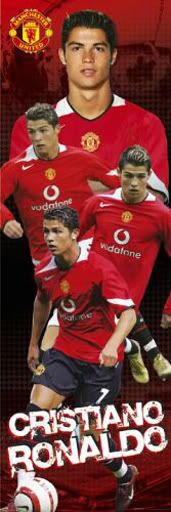

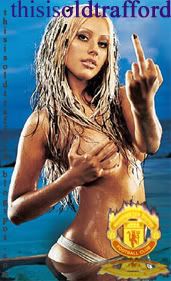
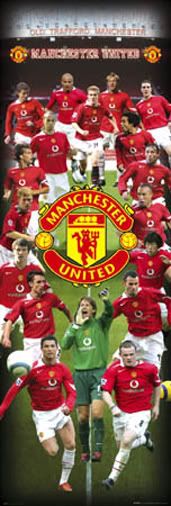


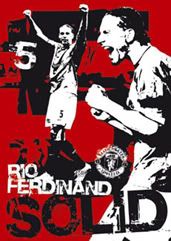
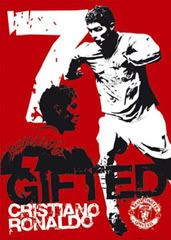
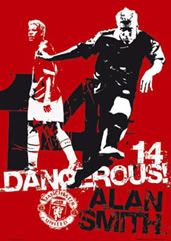
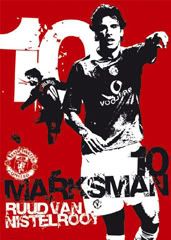
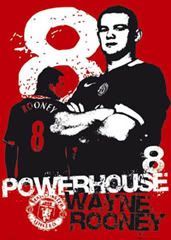
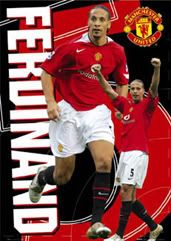
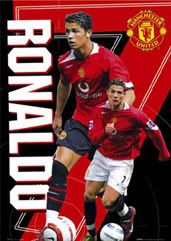
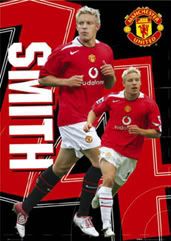
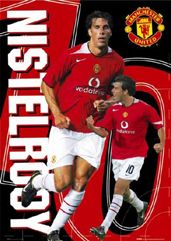
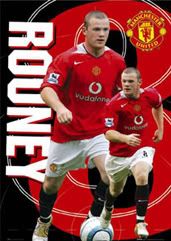
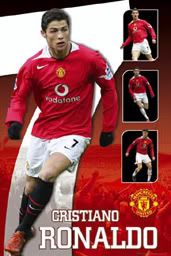
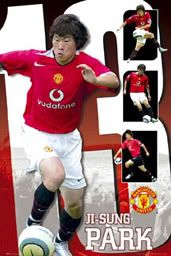
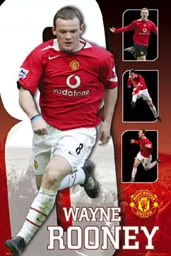
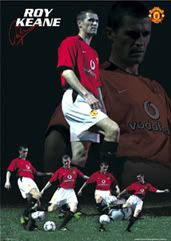
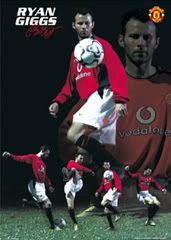
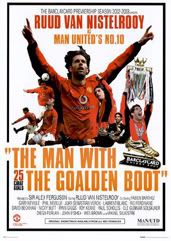
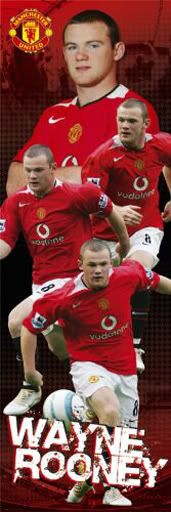
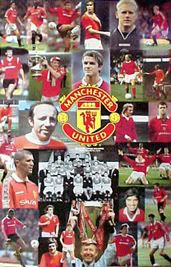
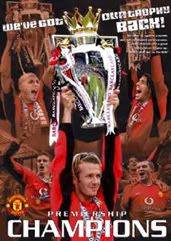



 <<
#
BolehBlogs
?
>>
<<
#
BolehBlogs
?
>>
0 Comments:
Post a Comment
<< Home